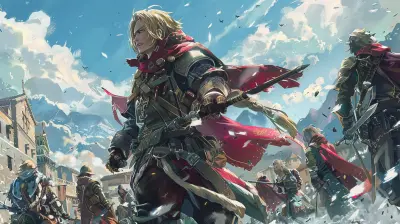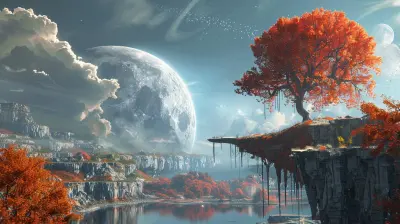DLC Dos and Don’ts: What Developers Can Learn from Past Mistakes
21 August 2025
Let’s be real for a second—downloadable content (DLC) is one of those things that can either skyrocket a game into legendary status… or completely ruin its reputation. We’ve all been there: you’re super into a game, you finish it, and then boom, a new DLC is announced. You get hyped. You fork over your cash. But then the content drops—and it either feels lackluster, overpriced, or worse… like it should’ve just been part of the base game from the start.
Sound familiar?
Well, you’re not alone. In the last couple of decades, DLC has evolved from a cool way to expand games into a money-making machine that sometimes feels like it’s squeezing players dry. But it doesn’t have to be that way. Let's break down the dos and don'ts of DLCs and what game developers—big and small—can learn from past missteps.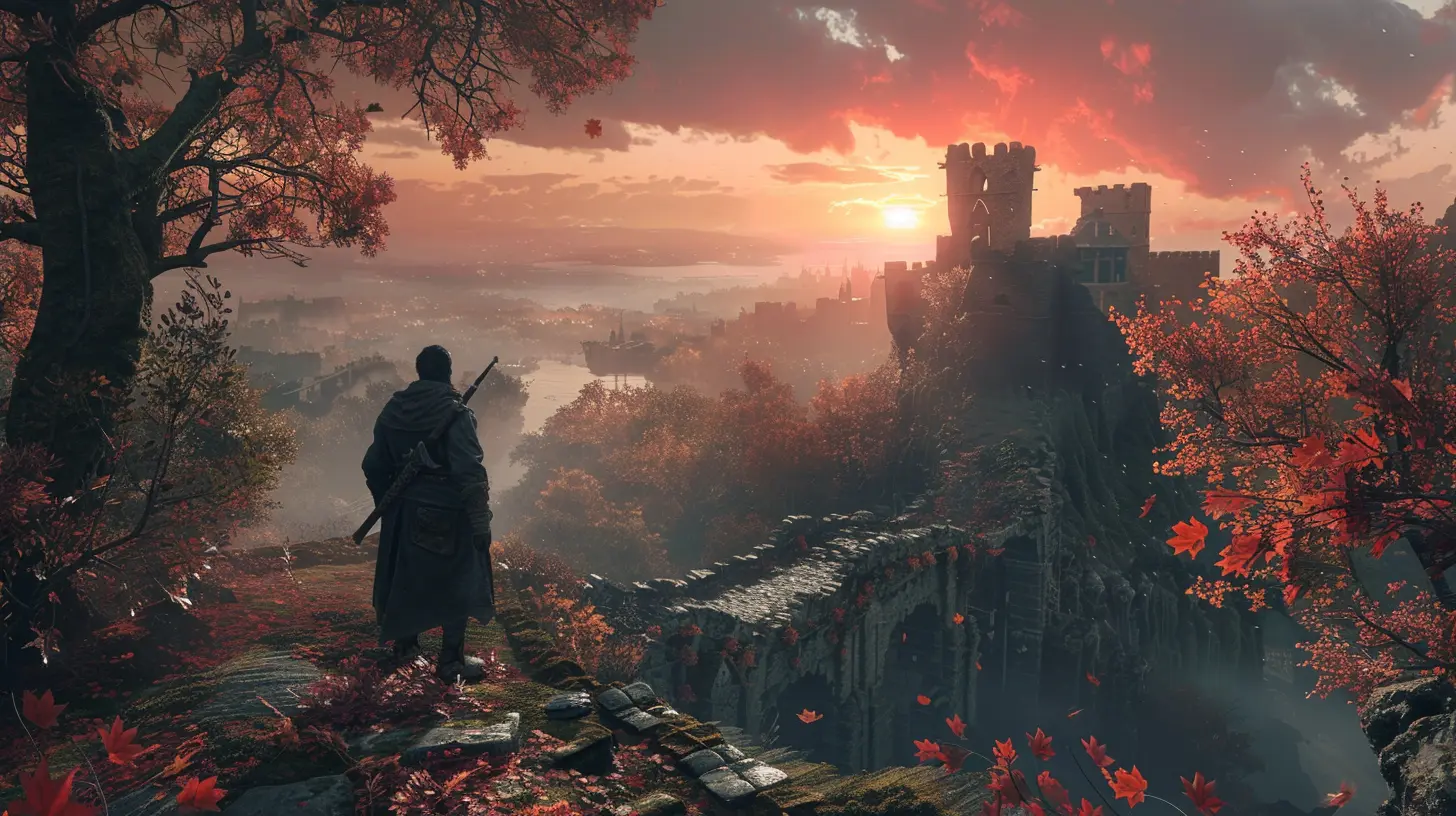
What Is DLC, Really?
First off, let’s get on the same page. DLC, aka downloadable content, is extra content delivered to a video game post-launch. It could be anything—new story missions, characters, weapons, cosmetics, maps, or even tweaks and updates to gameplay mechanics.And while it started off as a promising way to enrich the gaming experience, somewhere along the line, things got… complicated.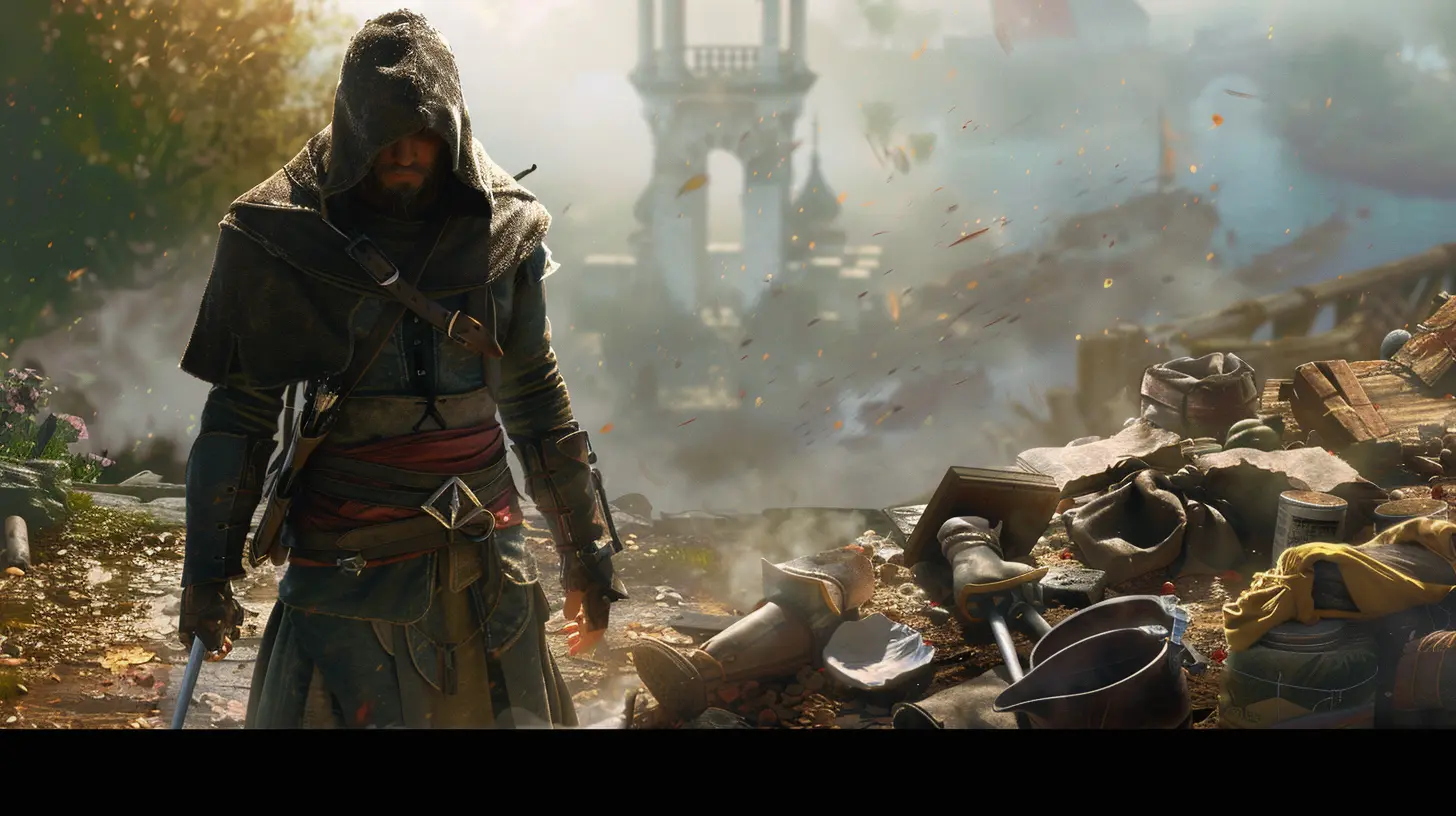
The DLC Dos — What Works
It’s not all doom and gloom. Plenty of developers have absolutely nailed how to deliver DLC players love. So what’s the secret sauce?✅ Add Real Value
Players are smart. They know when they’re getting something worthwhile—and when they’re being sold recycled content.Great DLC content adds real value. Think of games like The Witcher 3: Wild Hunt and its expansions (Hearts of Stone and Blood and Wine). These weren’t just little add-ons. They were meaty, story-driven adventures that could honestly be standalone games in their own right. That's what players respect.
If you're giving your players more of what they already love—but with new twists, challenges, or layers—you're doing it right.
✅ Respect the Base Game
Good DLC builds on what's already there. It doesn’t feel like something that was removed just to sell later.When content complements the full game without making it feel incomplete, that’s a win. Take Hollow Knight's DLCs—they were free updates that enhanced the game without carving parts out of the main story. Talk about respect for the player base.
✅ Time It Right
Releasing DLC too soon after launch? It can feel shady. Wait too long? Players might have already moved on.The sweet spot? Usually a few months after launch, when players are still hungry for more—but also have had time to enjoy the base game. That’s when DLC feels like a bonus, not a cash grab.
✅ Keep Pricing Fair
We all know games can be expensive. Adding $30 of DLC onto a $60 game needs to be justified. Players want bang for their buck.If you’re going to charge premium prices, you better deliver premium content. Bundles and season passes can help sweeten the deal—as long as they’re transparent and actually save money.
✅ Communicate Clearly
This one’s huge. Miscommunication—or worse, no communication at all—can sink even the best DLC plans. Be upfront: What does the DLC include? When is it releasing? Is it cosmetic only, or does it affect gameplay?Transparency builds trust. And trust earns loyalty.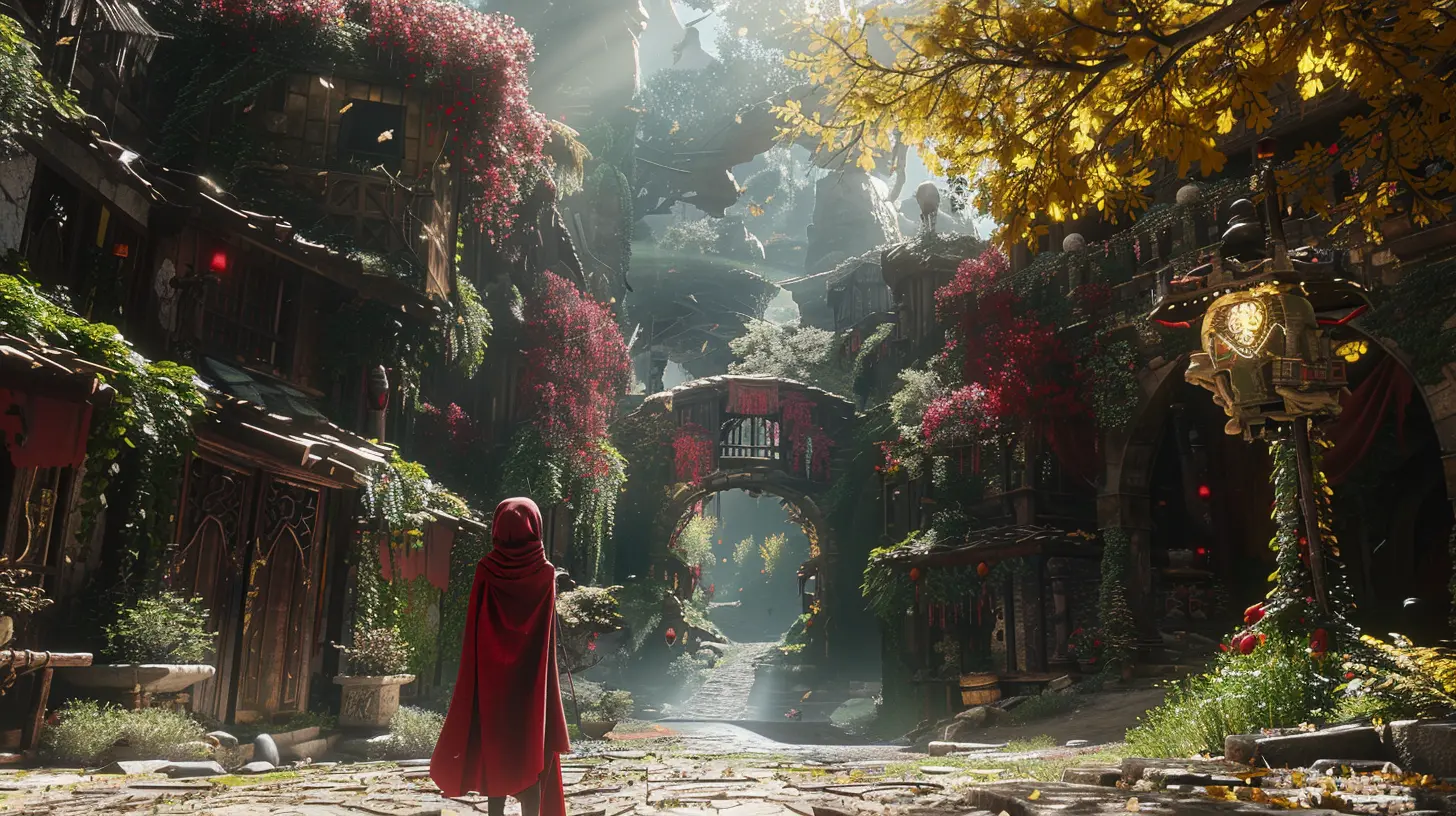
The DLC Don’ts — What Developers Should Avoid
Now let’s talk about what not to do. A lot of these comes from real-world blunders that fired up players and led to massive backlash.❌ Don’t Cut Content From the Main Game
Ah, the old “disc-locked content” trick. Remember Street Fighter X Tekken? Players found characters already on the disc—but locked behind a paywall.That’s not DLC. That’s selling you something you already technically own. If content is finished and on the disc, locking it is a surefire way to lose trust. Players don’t want to feel like they’re being manipulated.
❌ Don’t Release Broken or Rushed DLC
If a developer treats DLC like an afterthought, players will too. Glitchy, unpolished, or half-baked DLC is a fast track to negative reviews.Take Mass Effect: Andromeda. Already under fire for its base game bugs, its lackluster DLC support added fuel to the fire. And fans didn't forget.
You wouldn’t serve a half-cooked dinner and ask for a tip—so don’t do that with DLC.
❌ Don’t Make It Pay-to-Win
This one’s controversial for a reason. When DLC gives players an unfair advantage—especially in competitive games—it crosses a line.Even if it’s just PvE, selling superpowered loot or god-tier weapons can make non-paying players feel left out. Games like Battlefront II caught major heat for locking progression behind a paywall. EA had to overhaul the system entirely after the uproar.
Skins? Cool. Boosters that shatter balance? Not so much.
❌ Don’t Overpromise and Underdeliver
If you say your DLC is going to be epic, it better be epic.Don’t tease massive expansions if you're only planning a single new mission. Misleading trailers, vague marketing, and hiding key details all lead to disappointment.
Honesty isn’t just the best policy—it’s your only option if you want players to stick around.
❌ Don’t Ignore Player Feedback
Players are vocal, especially once money is involved. If a DLC bombs and your community is pointing out what went wrong—listen.Adjust course for future content. Silence or arrogance can kill a game’s long-term potential. But taking feedback to heart? That shows character.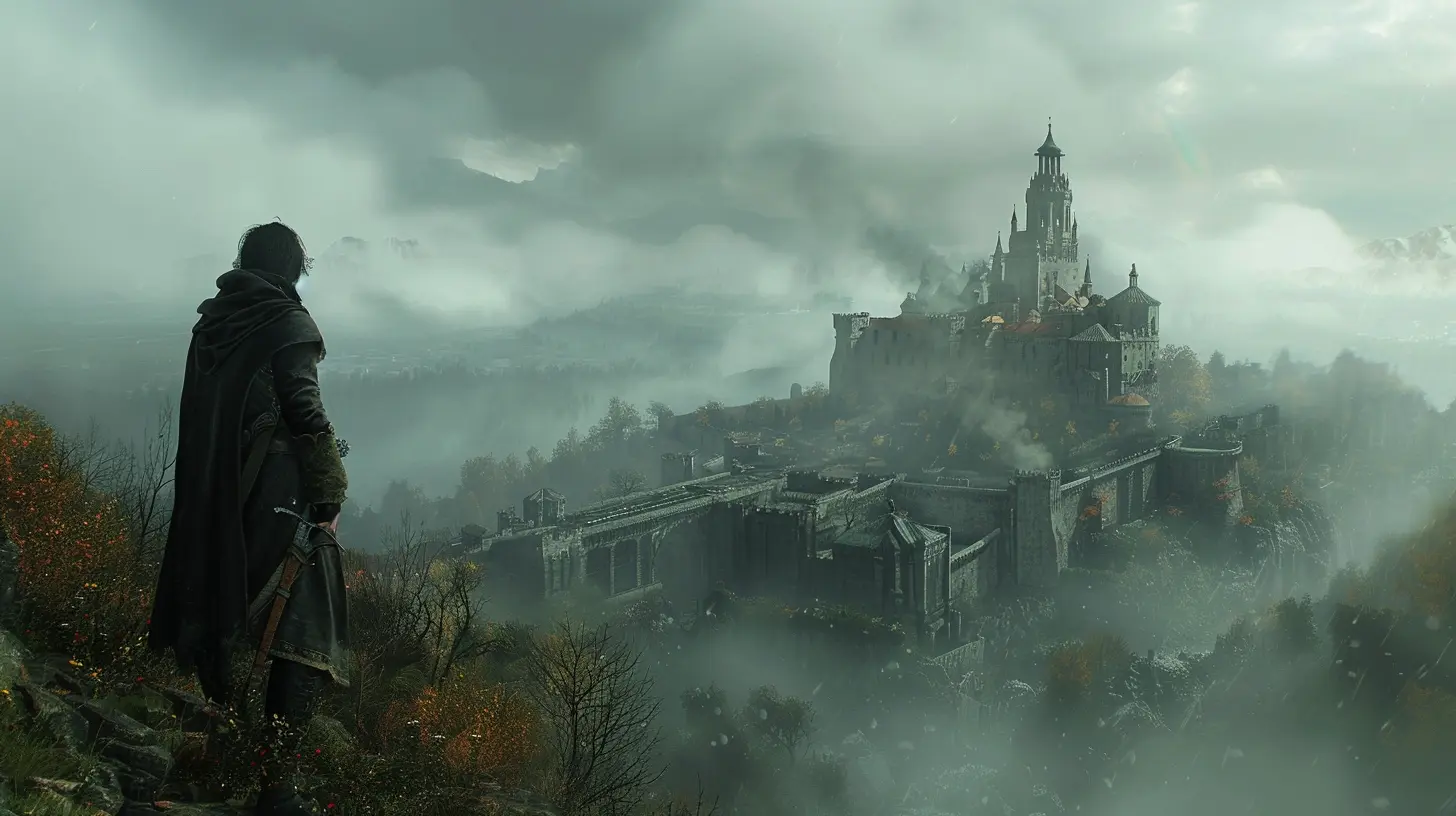
Good Examples of DLC Done Right
Let’s highlight a few shining examples of DLC success stories. These developers absolutely nailed it:- CD Projekt Red – The Witcher 3: We mentioned this earlier, but it bears repeating. Blood and Wine added an entire new region, storyline, and gameplay systems. It felt like a true extension of the game—not just an add-on.
- Rockstar Games – Grand Theft Auto Online: Say what you will, but GTA Online has kept players engaged for years with regular updates and content drops that actually feel meaningful.
- FromSoftware – Dark Souls Series: Their DLCs are always brutally challenging, beautifully designed, and deeply integrated into the game’s lore. Players love uncovering new stories in a world they already adore.
Not-So-Great DLCs That Missed the Mark
And now, let’s take a sobering walk down memory lane with some DLCs that just didn’t live up to expectations.- Evolve: Remember Evolve? The game was hyped, but its DLC model was a mess—over 40 different pieces of content at launch, most of it paid. Players felt nickel-and-dimed from Day 1, and the game never recovered.
- Asura’s Wrath: This is a weird one. The actual ending of the game? Locked behind paid DLC. That’s right—you bought the game, but not the ending unless you paid extra.
- Destiny (early days): Bungie eventually course-corrected, but the first expansion pass of Destiny was criticized for being too light on content, especially when compared to the base game’s hype.
How Developers Can Get It Right Moving Forward
It’s 2024, and the gaming industry is more connected—and under more scrutiny—than ever. Gamers talk. They share. They organize. If a DLC hits (or flops), everyone knows within hours.So how can developers keep up?
- Build DLC with love, not just profit in mind. If you care about your game world, it shows.
- Be prepared to support your game long-term. Make content roadmap plans transparent and reasonable.
- Offer free updates alongside paid content. Give everyone something, and then let fans opt into more if they want.
- Test content thoroughly. Nothing kills excitement faster than bugs—or worse, unplayable missions.
- Talk to your players, early and often. Use forums, social media, and creator partnerships to stay grounded.
Final Thoughts
DLC has the potential to breathe new life into a game long after launch day. It can reward loyal players, expand stories, introduce fresh mechanics, and create deeper communities. But when done wrong, it can alienate fans, damage reputations, and hurt long-term sales.The key? Respect.
Respect your game. Respect your players. Respect the time and money they invest. Do that, and your DLC won’t just be another add-on—it’ll be a reason for fans to come back, again and again.
all images in this post were generated using AI tools
Category:
Downloadable ContentAuthor:

Leandro Banks
Discussion
rate this article
1 comments
Fern King
Developers must prioritize player feedback and value to avoid past DLC pitfalls and enhance gaming experiences.
August 22, 2025 at 4:14 PM

Leandro Banks
Absolutely, prioritizing player feedback is key to creating meaningful DLC that enriches the gaming experience and avoids past missteps.

